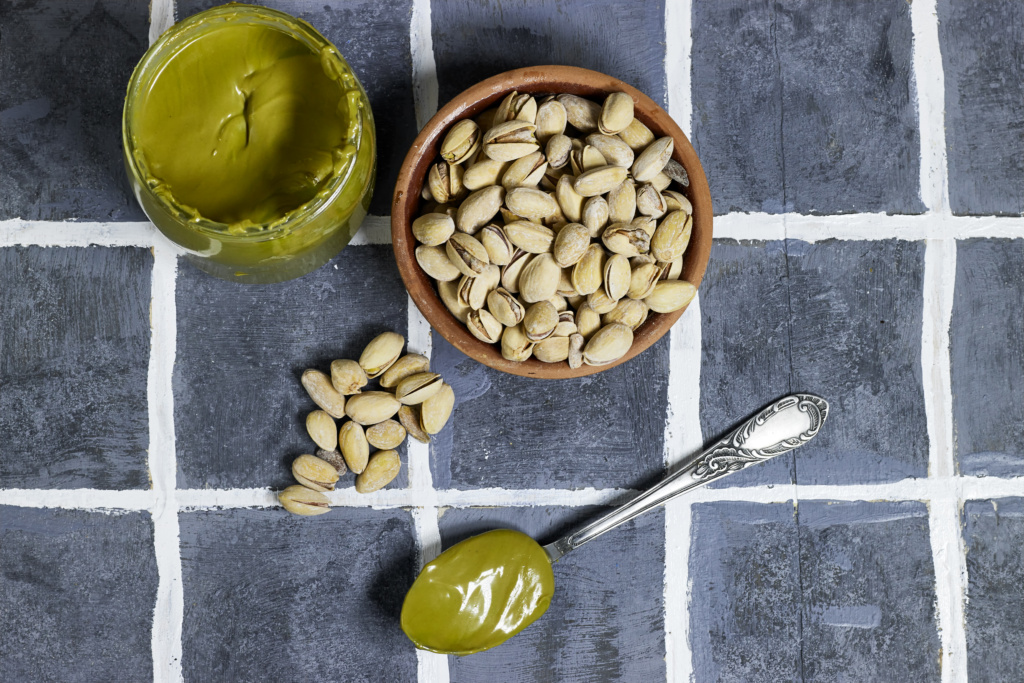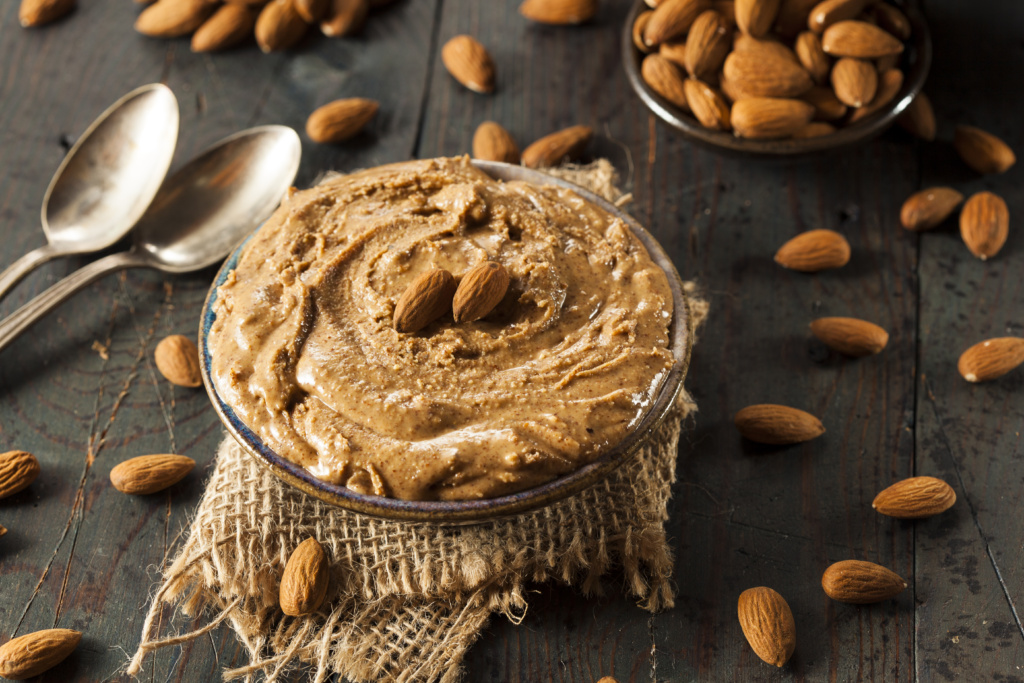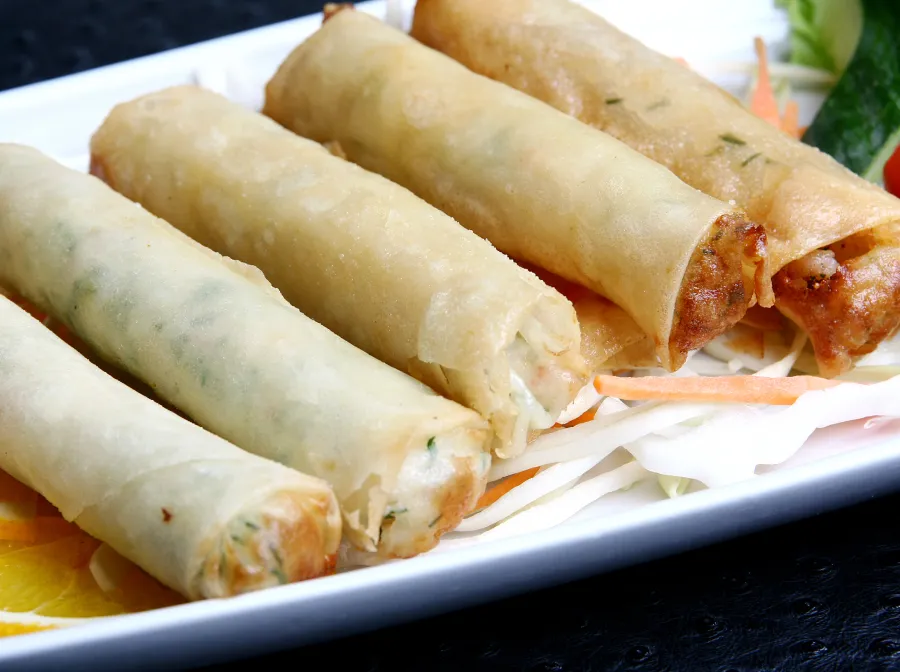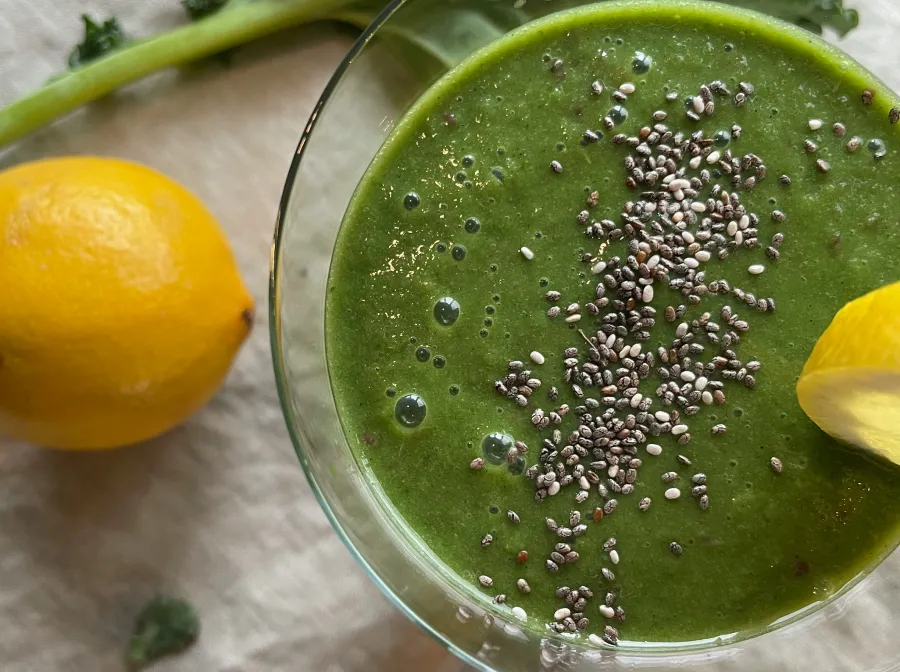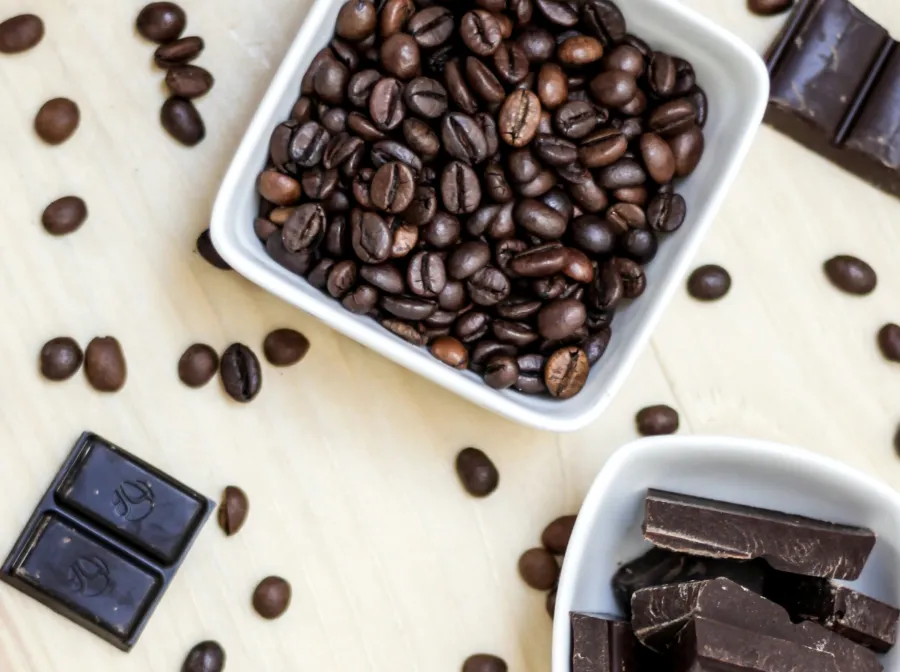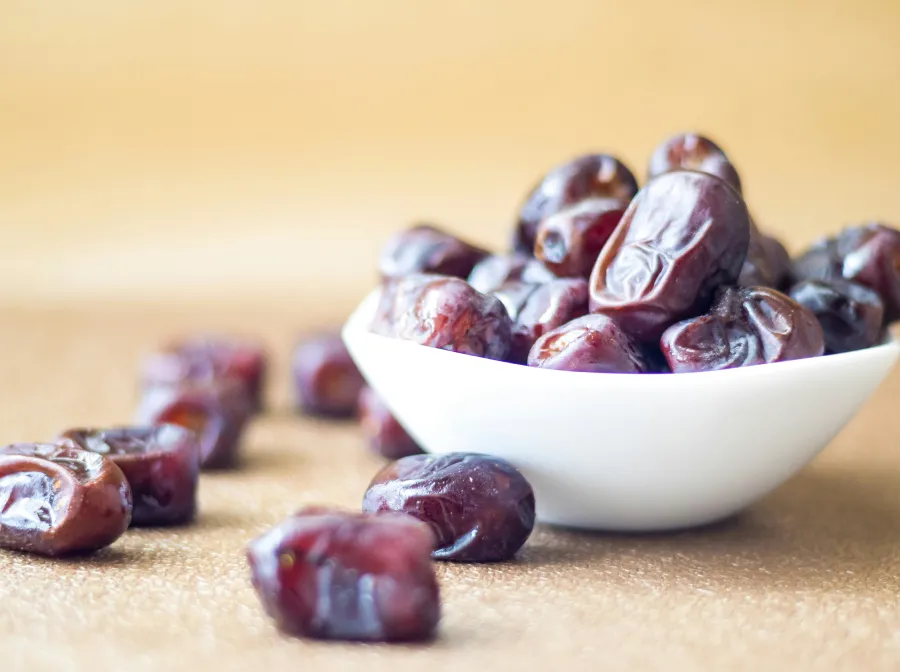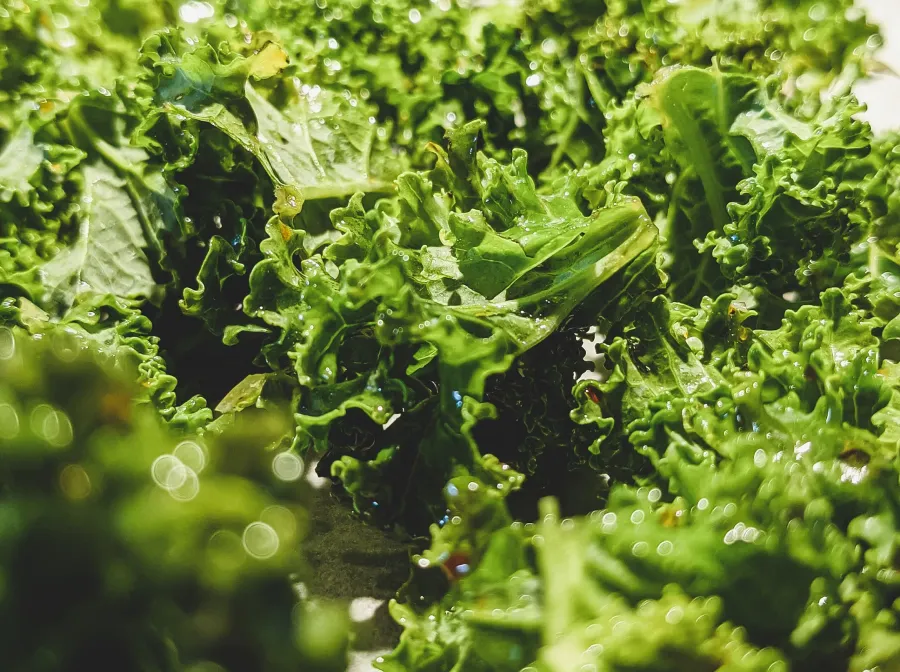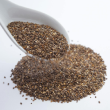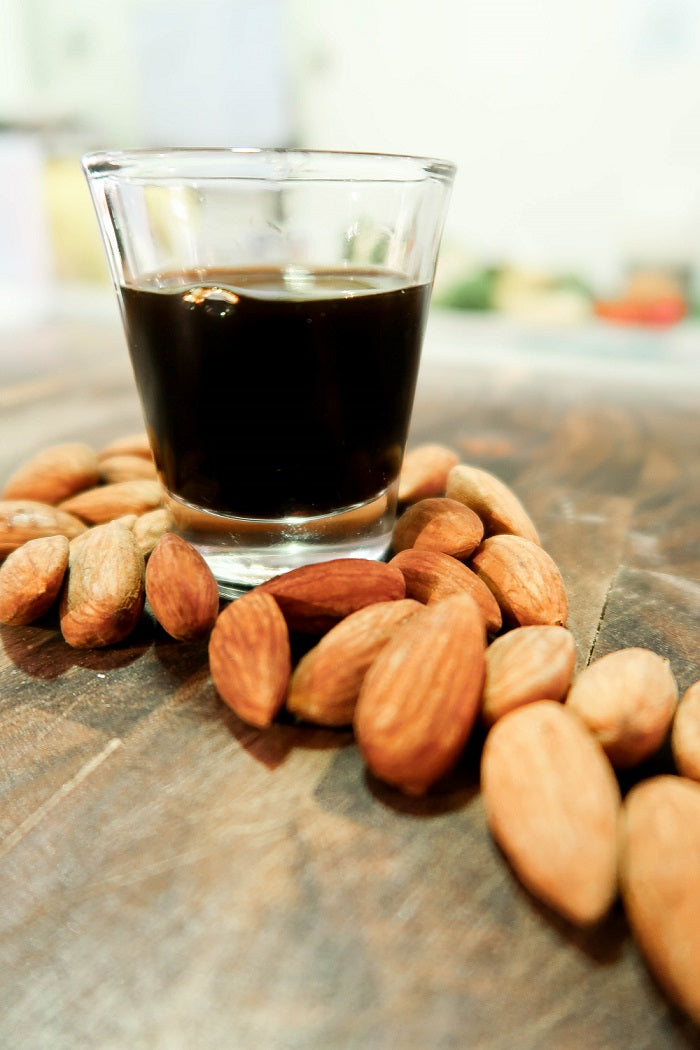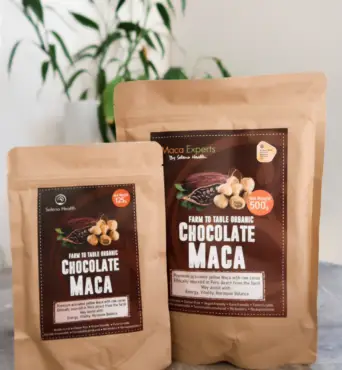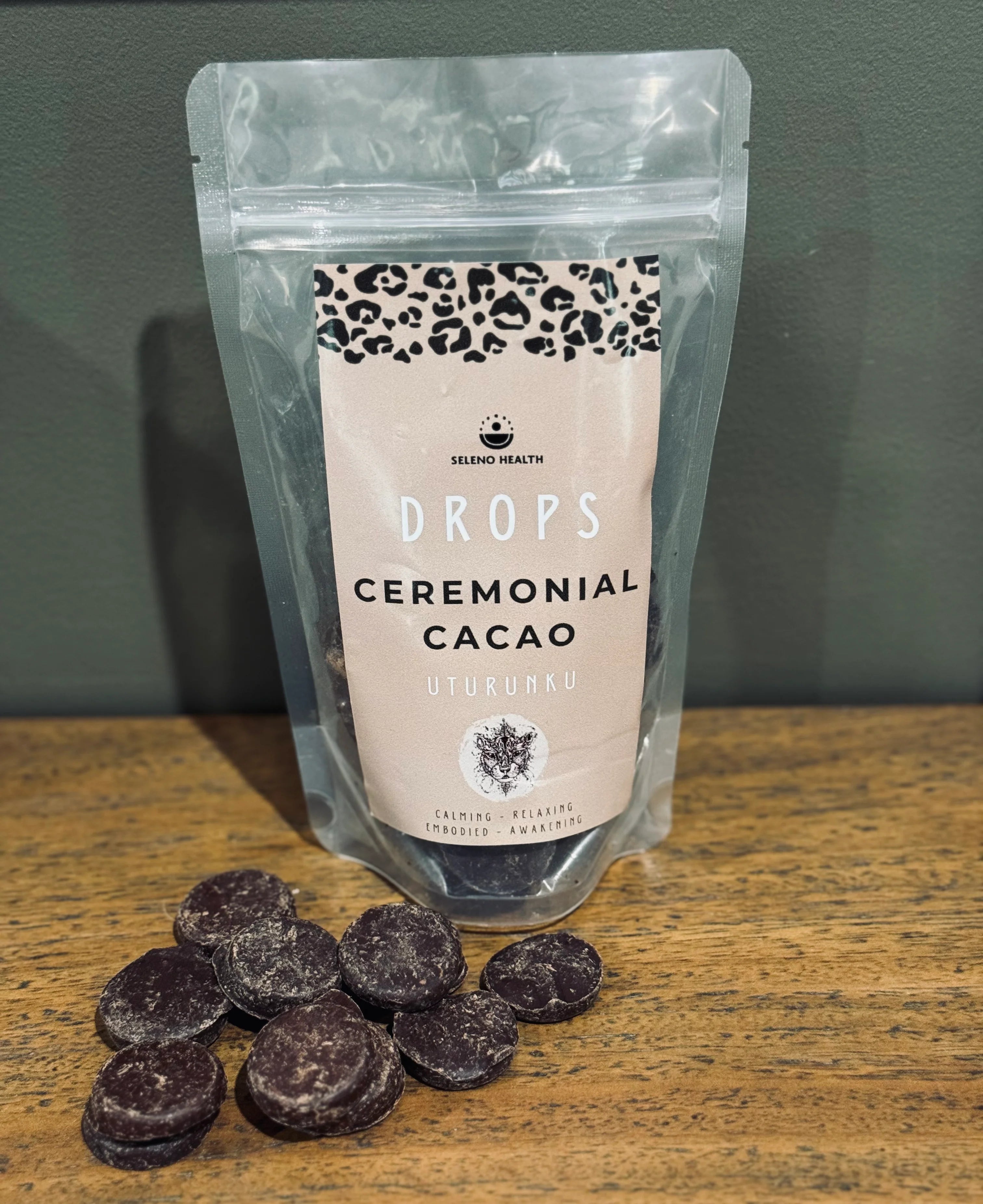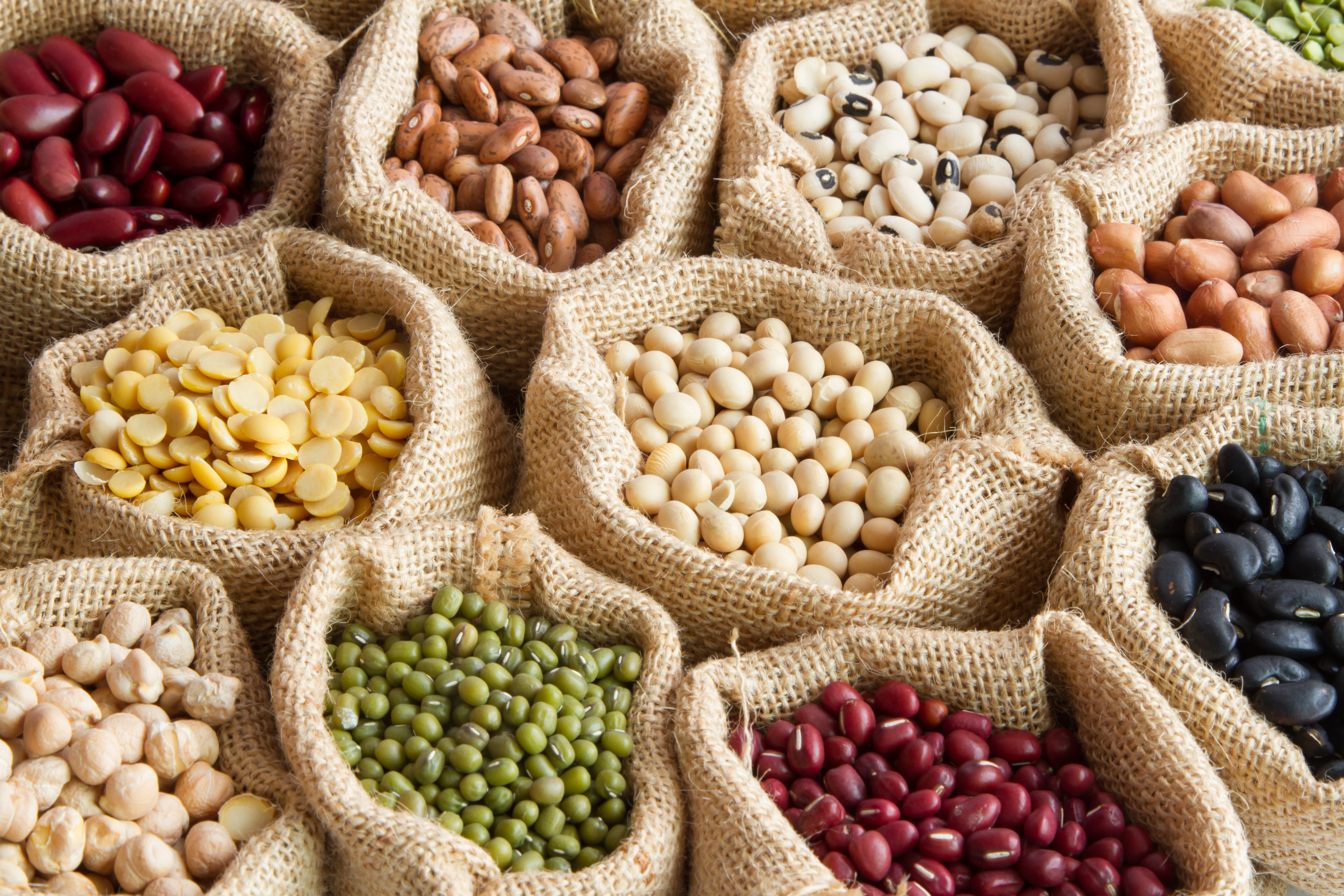
If you’ve ever found yourself wondering, should I buy organic nuts?, this article can help you find an answer. Organic nuts are often priced higher than their conventional ones, leaving many to question whether the benefits justify the cost.
What Makes a Nut Organic?
Not all nuts are created equal. The difference between organic and conventional nuts is about how they are grown, processed and certified.
Defining Organic Nuts
Organic nuts are cultivated without the use of synthetic pesticides, fertilisers or genetically modified organisms (GMOs). Instead, organic farmers rely on natural methods such as composting, crop rotation and biological pest control to maintain soil health and protect crops from pests.
Certification and Standards
To be labelled as organic, nuts must meet strict certification requirements set by regulatory bodies such as:
- Australian Certified Organic (ACO)
- USDA Organic (United States)
- EU Organic Certification (Europe)
These certifications ensure the nuts are produced following organic farming principles and are free from harmful chemical residues.
How Organic Farming Affects Quality
Organic farming practices prioritise soil health and biodiversity. This approach not only supports sustainable agriculture but can also influence the nutritional profile of the nuts. Some studies suggest that organic nuts may have slightly higher levels of antioxidants due to the natural stress responses of the plants.
Nutritional Differences: Organic vs. Conventional Nuts
One of the main reasons people consider buying organic nuts is the potential nutritional benefits. But do organic nuts actually contain more nutrients than conventional ones?
Are Organic Nuts More Nutritious?
While the core nutritional composition—protein, healthy fats, vitamins, and minerals—remains similar in both organic and conventional nuts, organic nuts may offer advantages in specific areas:
- Lower Pesticide Residues – Conventional nuts are often treated with synthetic pesticides, which can leave residues on the final product. Organic nuts, grown without synthetic chemicals, reduce exposure to these residues.
- Higher Antioxidant Levels – Some studies suggest that organically grown foods, including nuts, may contain higher antioxidant levels due to the plants’ natural defence mechanisms. Antioxidants help combat oxidative stress in the body, which may contribute to better overall health.
- No Artificial Additives – Organic nuts are typically processed with fewer additives, preservatives, or artificial flavour enhancers, making them a cleaner choice.
Do Pesticide Residues in Conventional Nuts Matter?
The presence of pesticide residues in conventional nuts is often a concern for health-conscious consumers. While food safety regulations ensure these residues remain within legal limits, some prefer to minimise their intake by choosing organic. Common nuts that may have higher pesticide use include almonds, cashews and peanuts, making organic options more appealing.
Does Organic Processing Preserve More Nutrients?
Organic nuts are often processed using lower temperatures and without chemical preservatives. This may help preserve sensitive nutrients, such as vitamin E and polyphenols, which can degrade under high-heat processing methods.
Although the overall nutritional differences between organic and conventional nuts may not be drastic, the reduced exposure to synthetic chemicals and potential for higher antioxidant content make organic nuts a preferred choice for those prioritising clean eating.
Environmental and Ethical Considerations
When deciding whether I should buy organic nuts, it’s not just about nutrition, but it’s also about how they are grown and their impact on the planet. Organic farming methods prioritise sustainability, biodiversity, and ethical practices, which can make a significant difference in the long run.
How Organic Farming Benefits the Environment
Organic nut farming reduces the reliance on synthetic chemicals and promotes sustainable agricultural practices. Key environmental benefits include:
- Healthier Soil – Organic farms use compost, crop rotation, and natural fertilisers to maintain soil fertility, reducing soil degradation over time.
- Reduced Pesticide Use – Conventional farming often relies on synthetic pesticides that can contaminate soil and water. Organic methods use natural alternatives, reducing the impact on local ecosystems.
- Improved Biodiversity – Organic farming supports pollinators such as bees and butterflies by avoiding harmful chemicals that can disrupt their populations.
- Lower Carbon Footprint – Without synthetic fertilisers and chemical treatments, organic farms generally have a lower environmental impact, contributing to a more sustainable food system.
- Ethical Concerns: Fair Trade and Labour Practices.
Beyond environmental sustainability, ethical sourcing is another factor to consider when choosing organic nuts. Many organic farms also adhere to fair trade practices, ensuring better wages and working conditions for farmers. In contrast, some conventional nut farms have been linked to unfair labour practices, particularly in the production of cashews and almonds.
Does Organic Farming Yield Fewer Nuts?
One downside to organic farming is that it often results in lower crop yields compared to conventional farming. Because organic farmers do not use synthetic fertilisers or chemical pesticides to boost growth, their production can be lower, which contributes to the higher price of organic nuts.
Taste and Quality: Does Organic Matter?
Taste and texture play a big role in whether organic nuts are worth the extra cost. Many people wonder if organic nuts taste better than conventional ones or if the difference is minimal.
Do Organic Nuts Have a Superior Flavour?
Organic nuts are often described as having a richer, more natural taste. This can be attributed to:
- Minimal Processing – Organic nuts are typically processed without artificial preservatives, flavour enhancers, or excessive heat treatments, which helps preserve their natural flavour.
- Higher Oil Content – Some organic nuts may retain more of their natural oils, enhancing their freshness and taste.
- Absence of Chemical Residues – Some consumers find that conventional nuts can have a slightly synthetic aftertaste due to pesticide residues or chemical treatments.
- Texture and Freshness – The freshness of nuts depends on how they are stored and processed rather than whether they are organic. However, organic nuts may be fresher if they are sourced from smaller farms with more careful handling.
- Proper storage – keeping nuts in airtight containers away from heat and light. This helps maintain their quality, whether organic or not.
Why Not Try Yourself and See The Difference?
The best way to decide if organic nuts are worth it is to try them for yourself. Everyone’s taste preferences, health priorities and budget considerations are different, so a firsthand comparison can help you determine if organic nuts offer the benefits you’re looking for. At ActivEarth Foods, we believe in providing high-quality, nutrient-rich organic nuts that support both your health and the planet. Explore our organic nuts range today and taste the difference for yourself!
FAQs
1. Is pistachio butter healthy?
Yes, pistachio butter is packed with healthy fats, plant-based protein, fibre, and essential vitamins and minerals like vitamin B6, magnesium, and potassium. It supports heart health, digestion, and energy levels when consumed in moderation.
2. Does pistachio butter contain added sugar?
Pure pistachio butter made from 100% pistachios has no added sugar. However, some commercial varieties may include sweeteners or oils, so always check the ingredient label.
3. Can pistachio butter help with weight management?
Yes. It contains protein and healthy fats, which promote satiety and help control cravings. However, portion control is key, as it is calorie-dense.
4. Is pistachio butter suitable for a keto diet?
Store the bars in an airtight container in a cool, dry place. For warmer climates, you can refrigerate them to prevent melting.
5. Can pistachio butter be used in savoury dishes?
Yes! Pistachio butter can be used in sauces, dressings, marinades, and even pasta dishes for a rich, nutty flavour.
6. Does pistachio butter have the same health benefits as whole pistachios?
Yes, but whole pistachios contain more fibre due to their intact skins. Pistachio butter still provides the same healthy fats, protein, and micronutrients in a more spreadable form.
7. Is pistachio butter safe for people with nut allergies?
No, pistachios are tree nuts and can trigger allergic reactions. Those with nut allergies should avoid pistachio butter.

